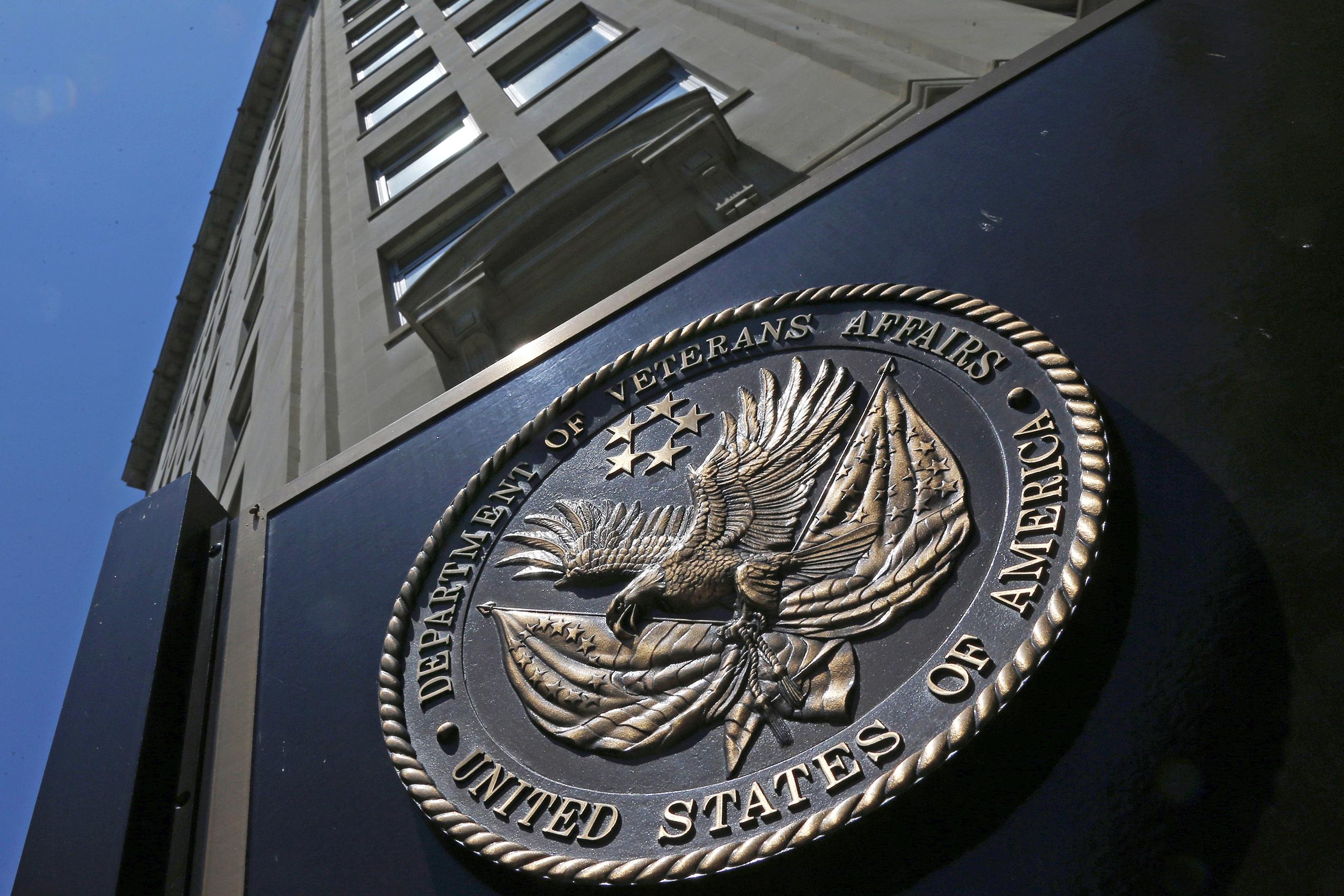
A Colorado congressman and senator are working on ways to help veterans who have been pushed out of the military with what’s called “bad paper” -- slang for the discharge paperwork that can hurt veterans in civilian life. It can hinder their chances for a good job and pose a potential barrier to care from the Department of Veterans Affairs.
U.S. Rep. Mike Coffman, a Republican, has introduced a bill meant to help ensure those veterans can access mental health care through the VA if their need is “urgent.” U.S. Sen. Michael Bennet joined with a handful of fellow Democrats to introduce a bill this week that “expands access” to mental care for the veterans
At a House Veterans Affairs Committee earlier this month VA Secretary David Shulkin said that hundreds of thousands of veterans were discharged from the military with so-called “bad paper” discharges. Those are in between “honorable” and “dishonorable” discharges. They’re called “other than honorable,” an administrative discharge where commanders push troubled troops out.
“We are going to go and we are going to start providing mental health care for those that are other than honorably discharged for urgent mental health,” Shulkin said.
NPR has reported with Colorado Public Radio and now KUNC on these soldiers pushed out of the Army for misconduct, placing their VA and other military benefits peril. The troops also suffered from mental health disorders and brain injuries, the signature wounds of the wars in Iraq and Afghanistan. Experts say that misbehavior in the ranks and thoughts of self-harm can be symptomatic of those kinds of wounds.
Related CPR News Coverage:
- Oct. 25, 2015: Army Kicked Out Thousands With Brain Injuries
- Nov. 25, 2015: Soldiers Pushed Out, Mental Health Struggles Left To Others
- Feb. 1, 2016: Senators Demand Army Stop Discharging Troubled Soldiers
- March 14, 2017: Bennet Wants Details From VA On Coverage For Vets
At the hearing, Shulkin cited the VA’s own estimate that 20 veterans a day take their own lives. Many of those vets, he said, are not in the VA system.
“So many veterans that we see are just disconnected from our system,” he said. “That’s the frustration. Of the 20 a day, as you know, 14 are not getting care in the VA and yet we have this great comprehensive mental health system.”
Both Coffman and Bennet have praised Shulkin for focusing on these veterans. Shulkin wants a plan finalized for them by early summer.
Many are asking questions about that plan, including Bennet.
“It’s crucial that we learn what specifically the secretary intends to change,” Bennet spokeswoman Shannon Beckham said. “For instance, will these services include preventative care or just be available for veterans in an urgent crisis?”
She added that veterans in crisis already should have access to VA emergency rooms -- regardless of their discharge status. Bennet has sent a letter with seven other senators to Shulkin asking whether the VA will provide preventative mental and behavioral health care or crisis and suicide prevention assistance.
“Many of the veterans who could be eligible under this expansion are now seeking information and treatment after hearing your statements,” the senators wrote on March 10. “These are veterans with elevated risks for substance abuse issues, homelessness, criminal court involvement, and suicide, and time is always crucial in connecting them to treatment options.”
Additionally, Bennet this week joined with Sens. Chris Murphy, D-Conn., and Jon Tester, D-Mont., to introduce a bill called, “The Honor Our Commitment Act.” It asks the VA to provide mental and behavioral health services to veterans who received other-than-honorable discharges.
Shulkin said he would work with Congress to find solutions. That includes Coffman, who is on the House committee and also a veteran.
“I can’t tell you how deeply disturbing I feel it is, in meeting with these veterans, given some of the circumstance that they’ve been discharged under, and then the fact that they’ve been denied health care, particularly mental health care, is an incredible insult, I think,” Coffman said.
In its current form, Coffman’s bill gives vets with bad paper access to an initial mental health assessment from the VA and, if needed, treatment for “urgent mental health care needs.”
Shulkin said there are about 500,000 veterans across the country who have been discharged under other than honorable conditions.
Coffman concedes his bill wouldn’t help all of them. His bill singles out the veterans with bad paper who served in combat or suffered other trauma, like a sexual assault. The bill, he added, is on an “expedited” track and expected to get an initial hearing on March 29.
Veterans groups are watching the process closely. One group, Iraq and Afghanistan Veterans of America, applauded the VA secretary, calling the initiative to help bad paper vets overdue.
But another organization, the Uniformed Services Justice and Advocacy Group in Denver, had many questions about how care would be expanded for troubled former troops with bad paper. Georg-Andreas Pogany, the CEO of the group, has advocated for troops fighting their discharges for more than a decade. Many of the ones his nonprofit has worked with were pushed out with other than honorable discharges although they were injured in the wars. He said lawmakers should also investigate how troops were pushed out of the military.
“Congress has to definitively address the practice of wrongful and inappropriate discharges,” Pogany said.
Many of these veterans need more than just urgent care for mental health issues. Some have post-traumatic stress disorder or brain injuries from the war and need full comprehensive care, he said.








